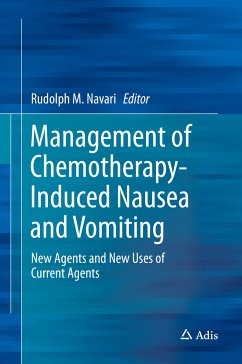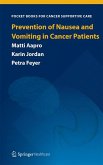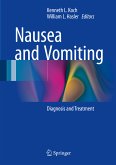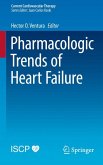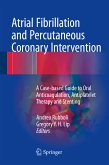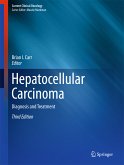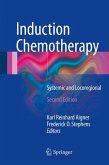This book provides a comprehensive review of new agents, a detailed description of new uses of current agents, and an integration of the available agents in clinical practice. A description of a detailed clinical approach provides clinical practitioners with the most up-to-date recommendations for the prevention and treatment of chemotherapy-induced nausea and vomiting (CINV) in various clinical settings.
CINV is one of the most feared treatment related toxicities. Patient surveys for the past thirty years consistently demonstrate patients' perception of deterioration in quality of life due to chemotherapy treatments. The introduction of the antiemetics, serotonin 5-HT3 receptor antagonists and the neurokinin-1 receptor antagonists, have improved the control of chemotherapy-induced emesis, but the treatment of chemotherapy-induced nausea remains a significant clinicalproblem. Patients continue to have quality of life issues which prevent normal functioning during active treatment. New agents such as the second generation 5-HT3 receptor antagonist palonosetron and the new neuroknin-1 receptor antagonists rolapitant and netupitant are being introduced into clinical practice, and it is anticipated that these new agents will improve the control of CINV. Agents such as olanzapine (a FDA approved anti-psychotic), gabapentin (a FDA approved neuroleptic), and ginger (a food additive), which have been used primarily for other indications, are now being tested as potential, effective antiemetics.
This work represents the first available comprehensive summary that details all new antiemetic agents and, particularly, their clinical role in treating patients; an important reference for practitioners seeking to improve the quality of life of patients undergoing chemotherapy.
Dieser Download kann aus rechtlichen Gründen nur mit Rechnungsadresse in A, B, BG, CY, CZ, D, DK, EW, E, FIN, F, GR, HR, H, IRL, I, LT, L, LR, M, NL, PL, P, R, S, SLO, SK ausgeliefert werden.

